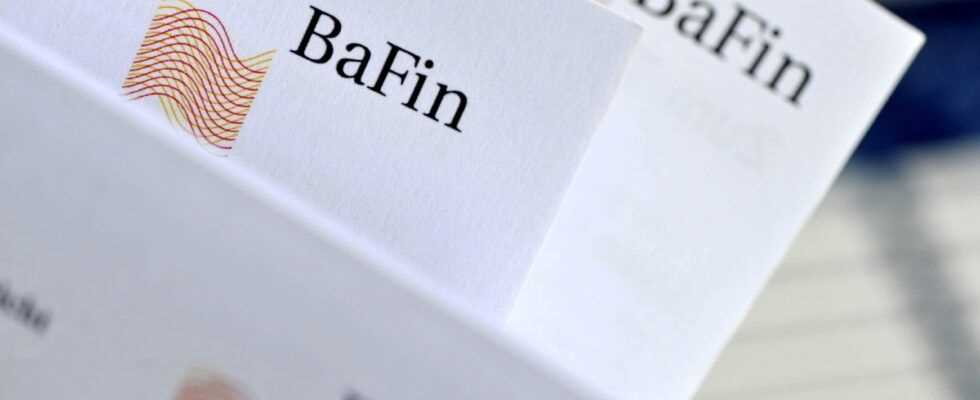The Frankfurt FinTech Cashlink is becoming a pioneer. As one of the first companies to apply to BaFin to keep a crypto securities register.
Since the “Law for the Introduction of Electronic Securities” (eWpG) came into force at the beginning of June of this year, not only certificates of bonds and, to a lesser extent, share certificates can be stored digitally. The law also expands the existing central register to include a crypto securities register, in which tokenized securities (so-called “security tokens”) are registered. This should make the asset class suitable for the stock exchange.
Now the Frankfurt FinTech Cashlink is taking a first step in the new regulatory environment and will deposit a notification of intent to keep a crypto securities register with BaFin on August 13th. That goes from a Press release emerged. According to its own statements, it is “one of the first” companies to submit such an application to the German financial supervisory authority. The roadmap is clearly defined. First of all, BaFin grants preliminary approval to keep the register after two months. After that, Cashlink would like to apply for a full license this year. In general, people are optimistic. CEO Michael Duttlinger comments:
The law opens up exciting new opportunities and we welcome the fact that the legislature is driving forward the change to a DLT-based capital market 2.0.
Cashlink CEO Michael Duttlinger
Crypto law doesn’t just get applauded
However, the eWpG was not only met with applause in politics and business. Criticism, for example, expressed the FDP and particularly criticized the lack of consideration of digital shares. On request, Cashlink also sees the integration of further financial instruments as necessary. The law is to be reassessed after three years. By then at the latest, stocks should also be included.
In addition, Lutz Auffenberg, founder of the FinTech law firm FinLaw, saw deficits in the crypto securities register itself. The expert in banking and capital markets law particularly pissed off the centrality of the register. At that time he made the following comments to BTC-ECHO:
In my opinion, however, the law is not a great hit, especially with regard to token-based bond issues, because electronic securities and thus also the newly created special form of crypto-securities will have to be entered in central registers with specially authorized registrars in order to be able to use the Enjoying a legal equivalence with the classic paper documents.
Lutz Auffenberg, founder of the FinTech law firm FinLaw
“EWpG does not replace conventional output options”
Benedikt Scheungraber contradicts this. The eWpG did not replace the previous issuing channel for security tokens, but only supplemented it. Compared to BTC-ECHO, the CMO of Cashlink says:
Since the eWpG does not exclude the issue of “normal” security tokens without a registrar, we only see advantages here. From our point of view, issuers and platforms can now decide whether they want to use the new regulated route with more security, but also a little less freedom, or the old route. We will continue to offer our customers the opportunity to use our technology for pure security tokens in the future.
Benedikt Scheungraber, CMO at Cashlink Technologies
In general, Scheungraber sees four specific advantages in the crypto securities register. On the one hand, a regulated registrar has now emerged from the law, who can also be held liable for errors. On the other hand, the eWpG offers more legal security when transferring securities compared to security tokens. This also leads to the development of new target groups, believes the Cashlink CMO and refers above all to the clientele of institutional investors. Finally, according to Scheungraber, there are also new trading opportunities. Currently, crypto-securities can only be traded over the counter. An opening for organized trade will probably only apply to regulated crypto-securities.
